Is ‘Forward Singapore’ a soft launch of a manifesto by Lawrence Wong ahead of PAP leadership change?
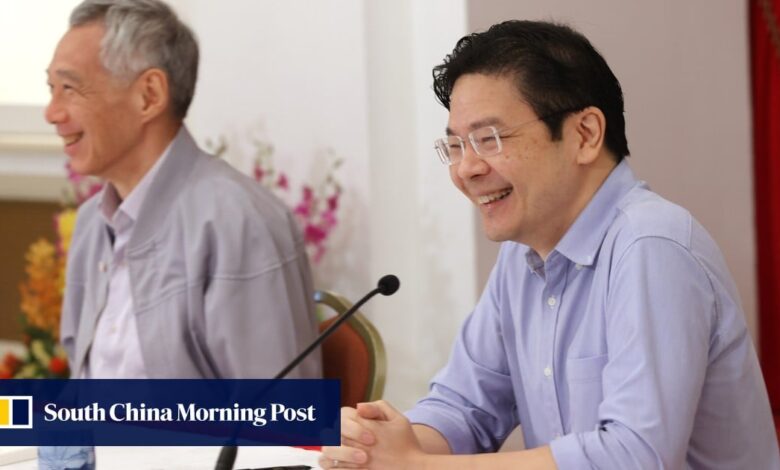
[ad_1]
Officials have said the document, outlining the challenges and policy proposals on nearly every aspect of Singapore life – from education to housing to jobs – is to refresh the city state’s social compact.
“There are likely to be references to the report and the use of elements in the report to advance the PAP’s positions, priorities and agendas, and perhaps to highlight the role of Lawrence Wong given that he is the putative next leader of the PAP and next prime minister,” said Ian Chong, a political scientist from the National University of Singapore.
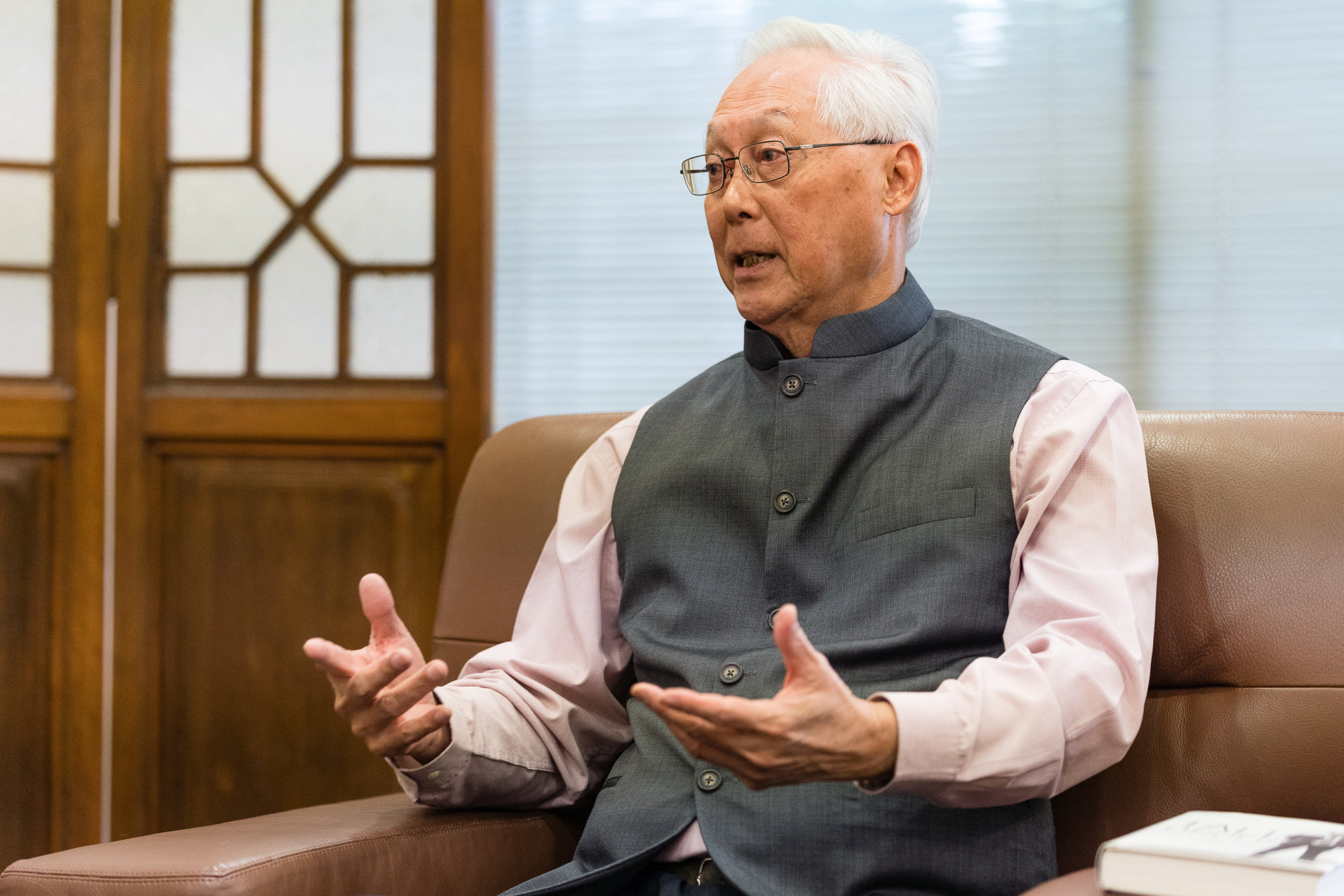
Campaigns past and present
This is not the first time consultative exercises of a similar scale have been held. A look back into past nationwide consultative exercises offers few clues on the timing of such a transition but suggests many similarities with how the process could unfold.
In 2001, after the September 11 attacks and a global recession, Goh announced the formation of an Economic Review Committee led by his deputy, Lee Hsien Loong. The committee was tasked to review the republic’s development strategy and chart a blueprint to restructure the economy. It released a sweeping report calling for economic reforms in 2003 before Lee took over as prime minister a year later.
‘Singapore Dream’ is a life filled with meaning and purpose, No 2 leader says
‘Singapore Dream’ is a life filled with meaning and purpose, No 2 leader says
Lee has yet to disclose any timeline of when Wong will succeed him, prompting chatter on whether he would still lead the party into the next election first or hand over power before the polls.
From the Forward Singapore report, Wong and the 4G leaders acknowledge the country is entering an uncertain, increasingly dangerous world, and also faces more pressing domestic challenges.
The 4G ministers said the idea of a “good life” had emerged repeatedly during their discussions with participants in crafting the Forward Singapore report.
“From our engagements, it is also clear the Singapore Dream is more than just material success. It is also about fulfilment, meaning and purpose in what we do,” the national broadcaster CNA quoted Wong as saying in a press conference.
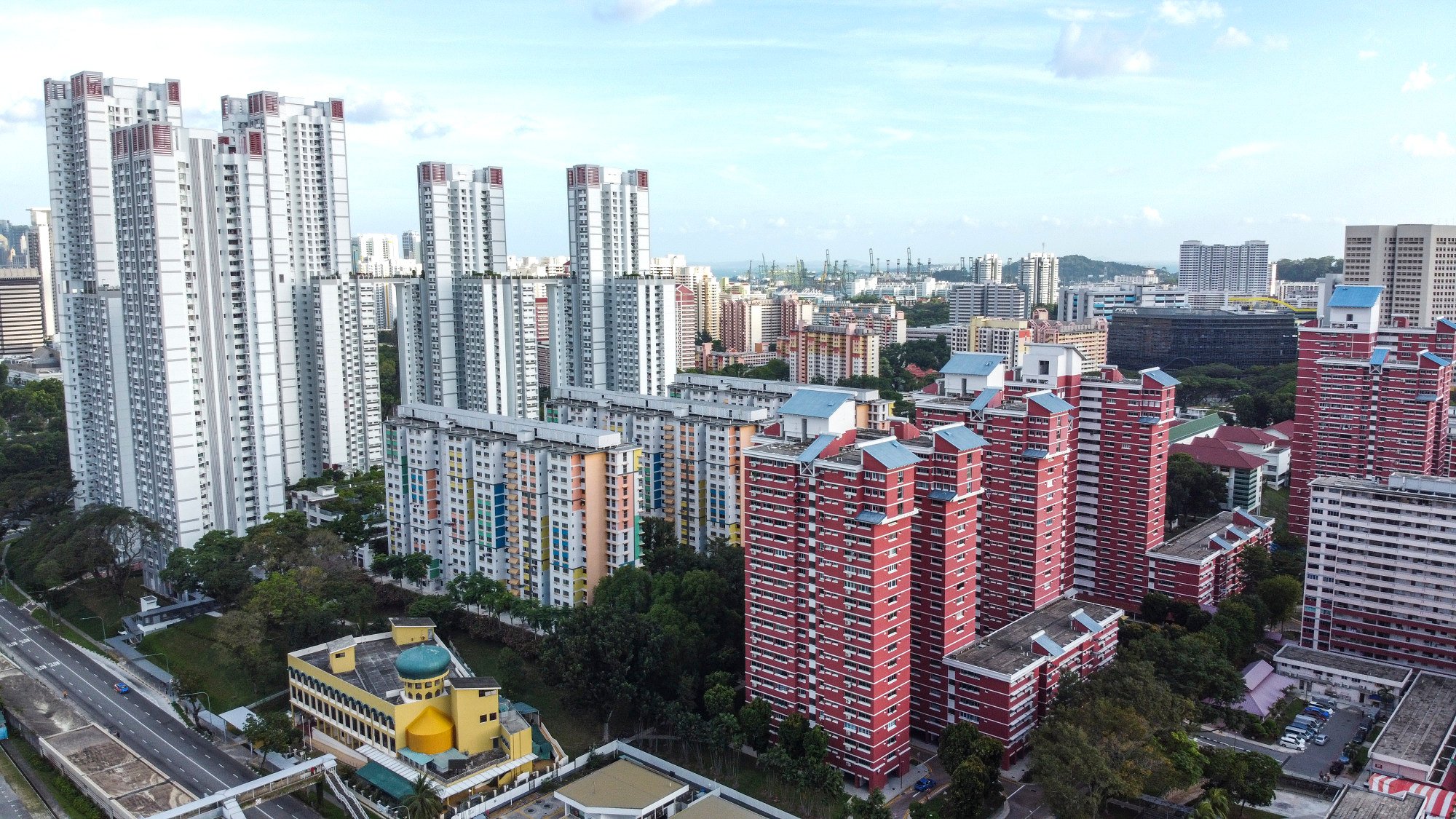
One key move is through changes to the education system, which has consistently ranked among the best in the world. Over the past decade, the government has been introducing changes to shift the focus from grades and academic qualifications to wider competencies, including reducing the number of exams students take each year and increasing the intake of aptitude-based admissions to autonomous universities.
This is also part of a broader push towards lifelong learning, with the government studying ways to help citizens who attend institutes of technical education to level up later in life by obtaining diplomas, including the cost of such studies, the report stated.
Wong also stressed that the government was aware that “genuine concerns” about issues like housing and cost of living were in the minds of many, and assured Singaporeans that it was working to address them.
Nydia Ngiow, managing director of BowerGroupAsia, said: “Wong and his team cannot risk not acknowledging the priority and urgency of these core issues that will need to be addressed in the coming months, most likely through Budget 2024.”
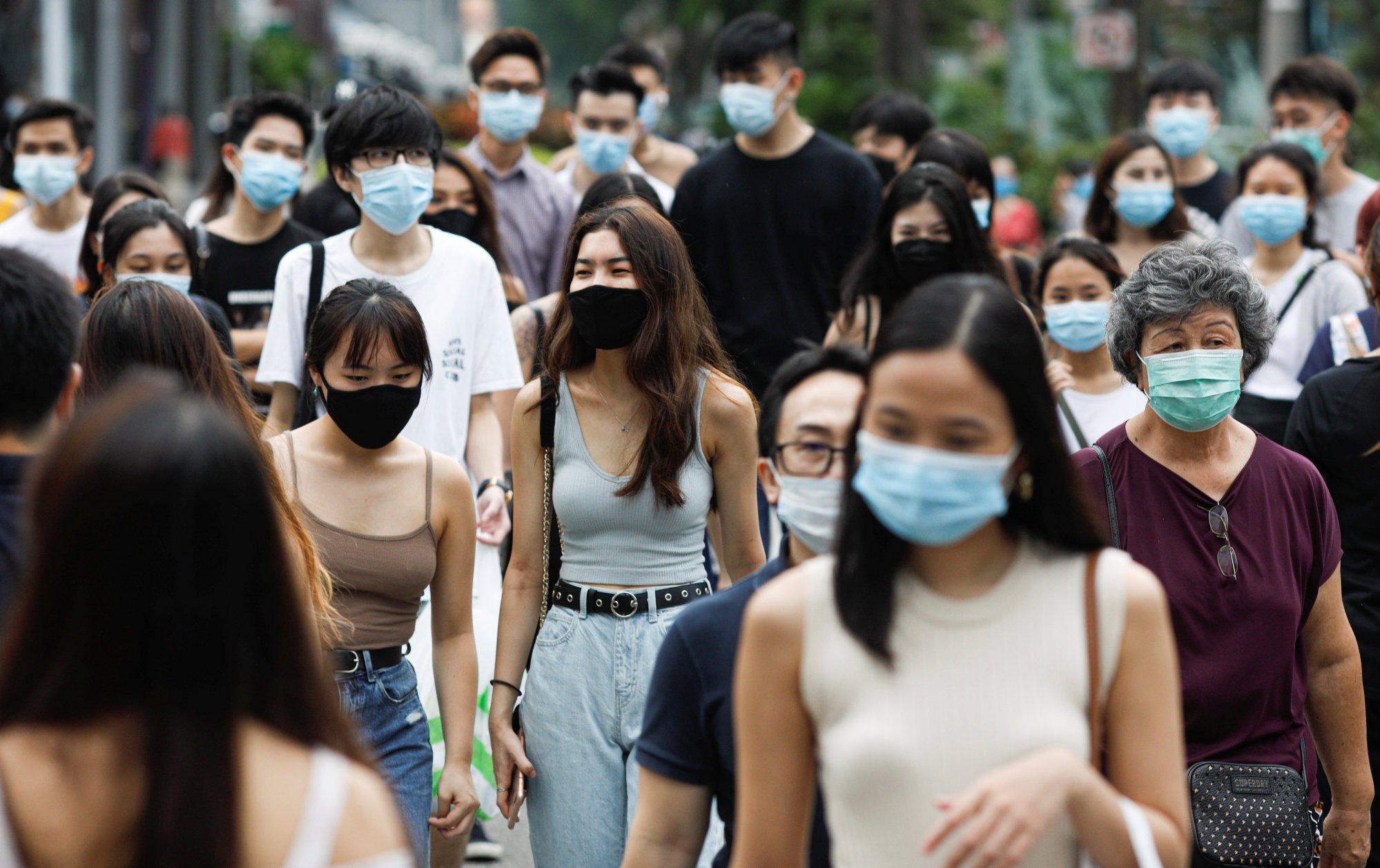
A ‘primer’ for leadership succession?
Observers believe that the nationwide, multi-agency exercise could be the first concrete sign of the leadership transition and described Forward Singapore as an “election manifesto” of sorts.
Terence Lee, a politics and communications professor at the Sheridan Institute of Higher Education, said the report serves as a “primer” for a leadership transition, noting that almost all the leaders who had led past iterations of the exercise had “risen to deputy prime minister or prime minister status”.
“Leading such an exercise gives the lead minister concerned a breadth of knowledge around various policies that impact on Singaporeans that may not be adequately understood while holding a single – or double – portfolio, so it is an excellent training ground for senior leadership,” he said.
Singapore’s DPM Wong urges mindset change over materialism, career ‘arms race’
Singapore’s DPM Wong urges mindset change over materialism, career ‘arms race’
Among the other 4G leaders, Lawrence Wong, the youngest at 50, compared with health minister Ong Ye Kung, 53, and education minister Chan Chun Sing, 54, was a dark horse later chosen by his peers to lead the team.
He made his mark steering the country during its handling of the pandemic, winning the support of Singaporeans with his clear, patient explanations, with analysts telling broadcaster CNA it was his “laudable leadership” during that period that elevated him to be the top choice.
In the months ahead, Terence Lee said he expected the Forward Singapore exercise to be cited frequently.
But the report does not differ dramatically from recent iterations of the exercise, such as Prime Minister Lee Hsien Loong’s Our Singapore Conversation, or “OCS”, in 2012, Terence Lee said.
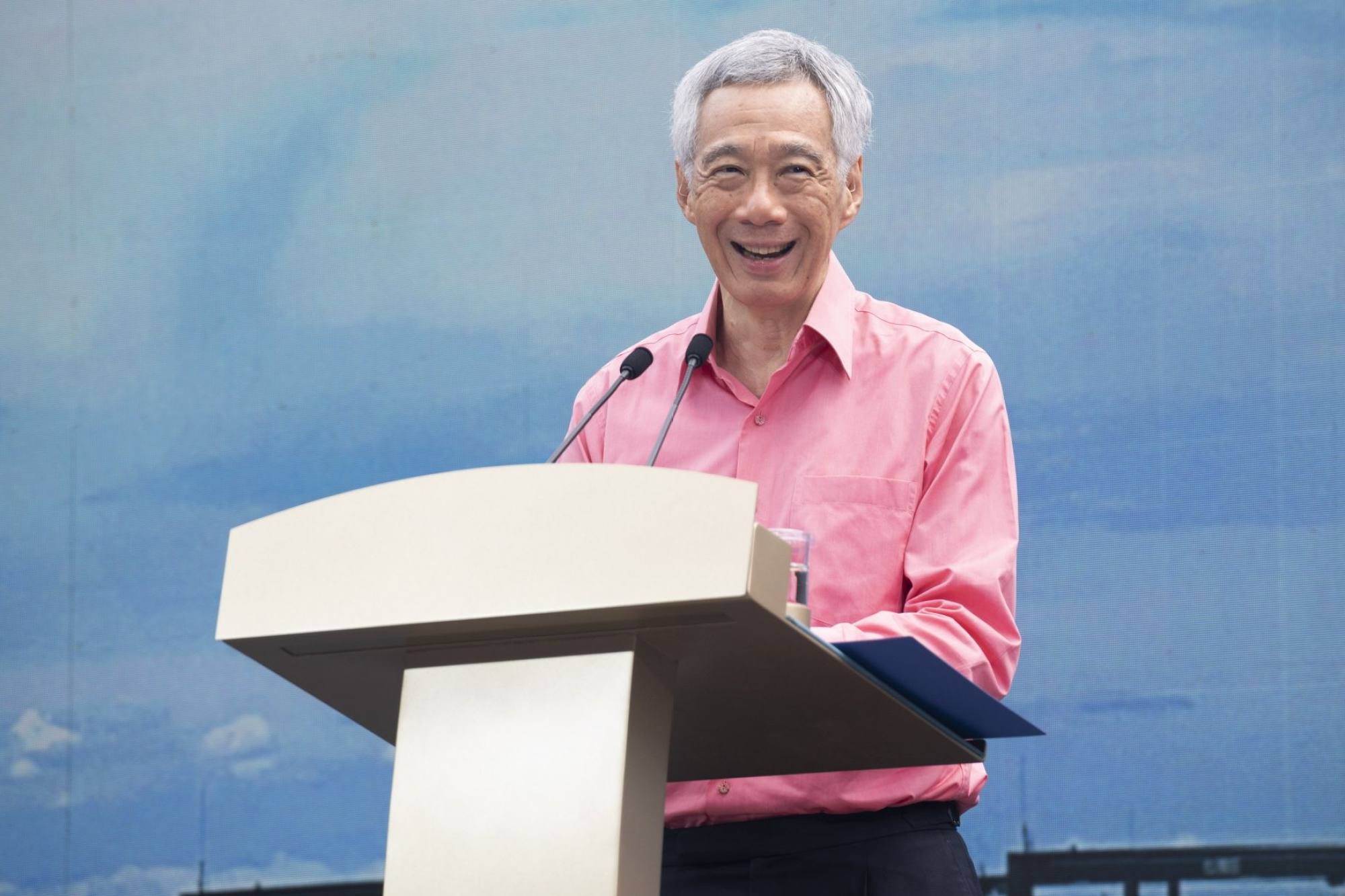
Echoing his sentiments, Ngiow from BowerGroupAsia said: “The current discussion of not using … [material possessions] as markers of success is not new – the OSC initiative flagged in 2013 how Singaporeans would like to see a society with diverse definitions of success, as well as a more fulfilling pace of life.”
But analysts agreed that the proof lies in the pudding, or rather the policy shifts to be implemented.
Ngiow expects details of related initiatives will be released in the coming months and during next year’s Budget, “to make sure that there is clear, effective follow-through arising from this exercise”.
The PAP’s convention on Sunday is likely to be used as a platform for the party leadership to signal it is ready to move towards a general election, Lee said.
[ad_2]
Source link

